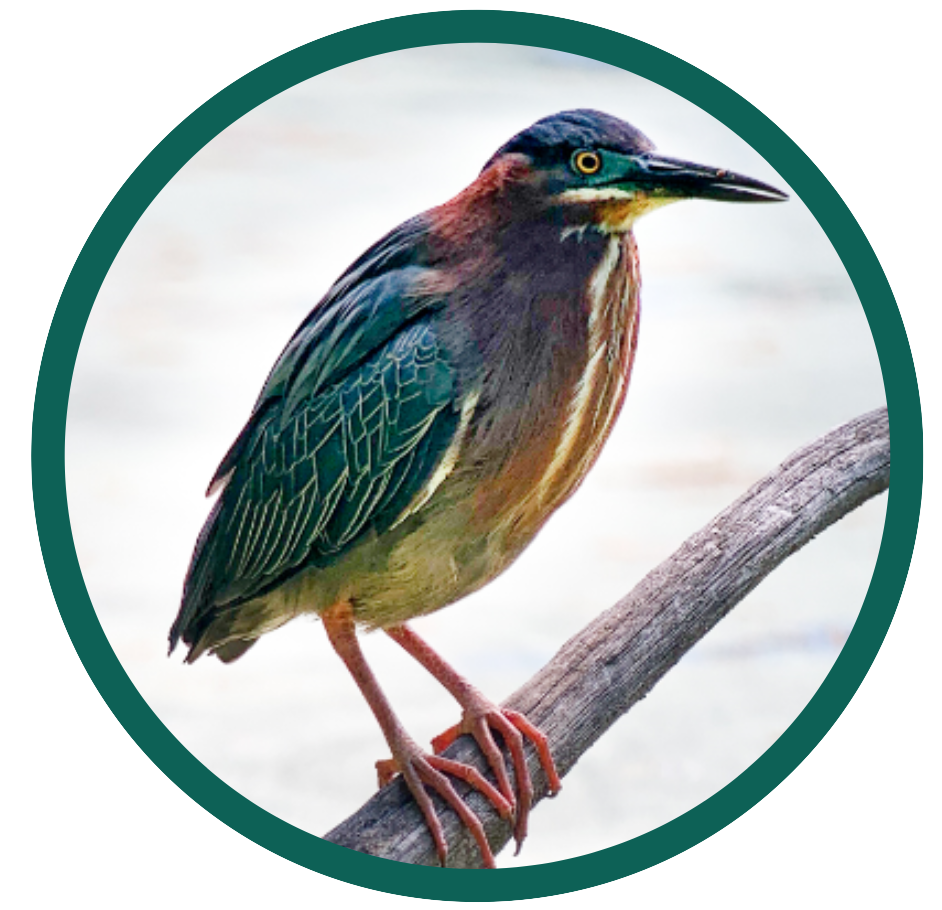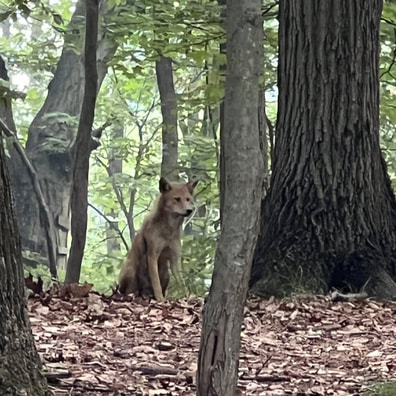Brightwood Park Open After Coyote Sighting
|
Thank you to Josh Adler for contributing the picture!
|
Brightwood Park was temporarily closed in July 2023, following a precautionary measure to close it for several days due to unusual coyote behavior reported by several residents. During that time, our Health Department investigated these reports in consultation with the NJ Fish and Wildlife Division of the DEP, which included site visits to the park. It has been determined that there is currently no evidence of rabid animal behavior in the park.
The Health Department advises that the summer months always bring an increase in reports of wildlife. As a reminder, a coyote sighting is typically not cause for concern, and residents should call the police only if an animal appears sick, aggressive, or injured. In addition, residents are asked to continue exercising the same caution as always in our parks in the following ways:
|
Brightwood Park-Coyote Safety
The town closed the park in early July out of an abundance of caution following reports of unusual coyote behavior. After consulting with the Health Department and in consultation with the State Division of Fish Game and Wildlife, the town determined that there is no evidence of any rabid animals in the park.
Coyotes are generally shy and avoid contact with people. However, they may be more likely to seem aggressive if they are mating (January - March) or raising pups (April - August).
If you see a coyote in the Park, even if it is not behaving aggressively, send an email to [email protected], so that we can document sightings. Attach a picture, if possible, and identify where you were when the sighting occurred. Explain how the coyote was behaving (approaching or withdrawing), and the makeup of the group you were with (were dogs or children present). This information may help us pin down the location of a den.
For more information, see https://www.humanesociety.org/resources/what-do-about-coyotes
Coyotes are generally shy and avoid contact with people. However, they may be more likely to seem aggressive if they are mating (January - March) or raising pups (April - August).
If you see a coyote in the Park, even if it is not behaving aggressively, send an email to [email protected], so that we can document sightings. Attach a picture, if possible, and identify where you were when the sighting occurred. Explain how the coyote was behaving (approaching or withdrawing), and the makeup of the group you were with (were dogs or children present). This information may help us pin down the location of a den.
For more information, see https://www.humanesociety.org/resources/what-do-about-coyotes

